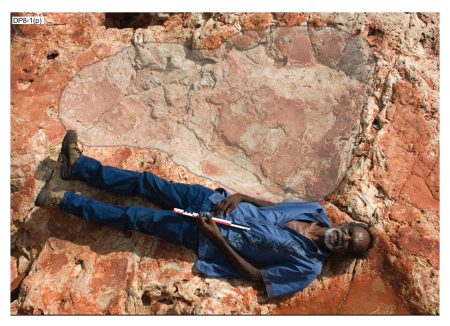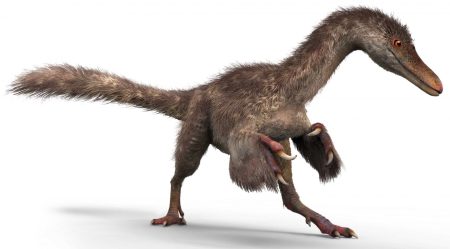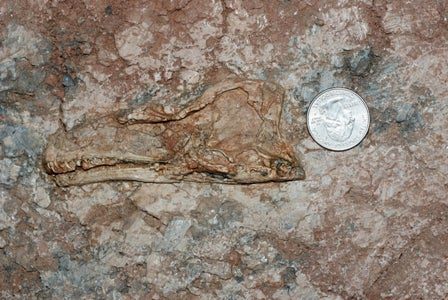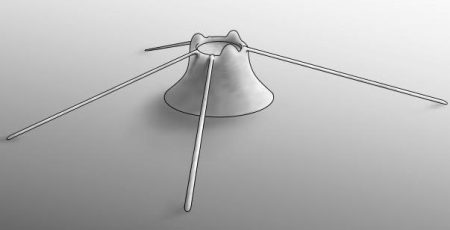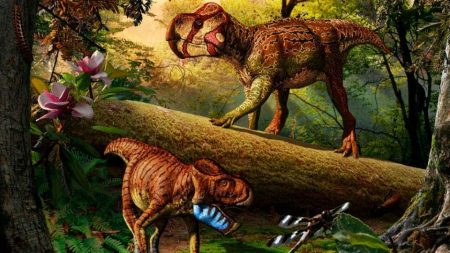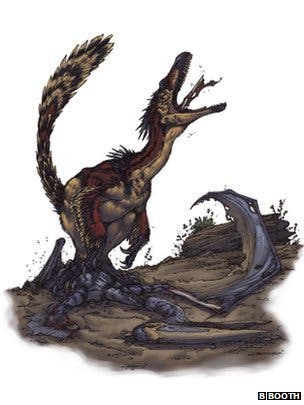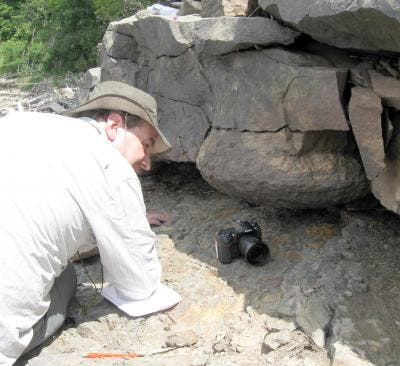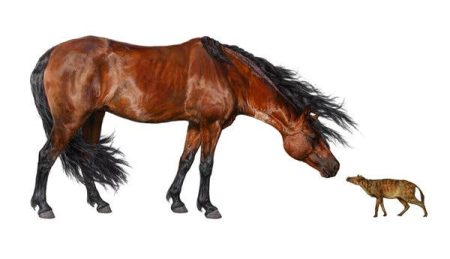Browsing: Paleontology
Australia has always had the market cornered on enormous animals trying to kill you
And it almost became a piece of jewelry
An “eye-watering” 40-inch coprolite
A new dinosaur found in China may be the oldest of its kind–and a crucial link between lizard-like dinosaurs and…
The Cambrian era marked a profound change on life on Earth, sparking the rapid development of complex organisms and a diversification of the ecosystem, thus the term “Cambrian explosion“. Prior to this period, animals were simple and small, as well as soft bodied, with no hard parts to display. A team of paleontologists at University […]
Paleontologists have recently named two new horned dinosaur species, closely related to the famous Triceratops, which were dug up from a site in Alberta, Canada some time ago. Dubbed Unescopceratops koppelhusae and Gryphoceratops morrisoni, the dinosaurs are extremely tiny, as far as plant eating dinosaurs dating back from the late Cretaceous go, and belong to the Leptoceratopsidae family of […]
Velociraptors have been repeatedly described by paleonthologists as voracious predators, however a recent study of a 75 million year old specimen revealed that the dinosaur wasn’t picky at all, and didn’t miss the chance to pass a free meal. The conclusion came after a pterosaur or “Pterodactyl” bone was found in its gut, suggesting that its […]
Last week we reported about a 300 million year old fossilized forest which was discovered underneath a coal mine in China. A highly remarkable find by all means, fact confirmed by the overwhelming response the story gathered from your part, the reader. If you found that interesting, wait until you learn about the oldest fossilized […]
Although the T. rex isn’t the largest carnivorous dinosaur to have roamed Earth, a new study that used computer models to reconstruct its skull muscles reveals that his bite was the most powerful one ever of all terrestrial animals, extinct or living. Biomechanics experts at Liverpool University, UK, used laser scanners to digitize the skulls […]
Bergmann’s rule states that mammals of a given genus or species are smaller in hotter climates, and bigger in colder climates. Adapted, when faced with climate change cycles, mammals shirk as temperature rises and scale back up in size, once the cycle ends and makes room for cooling. Simple correlation, based on fossils and temperature readings […]
Keep updated
Get the latest creative news from FooBar about art, design and business.





